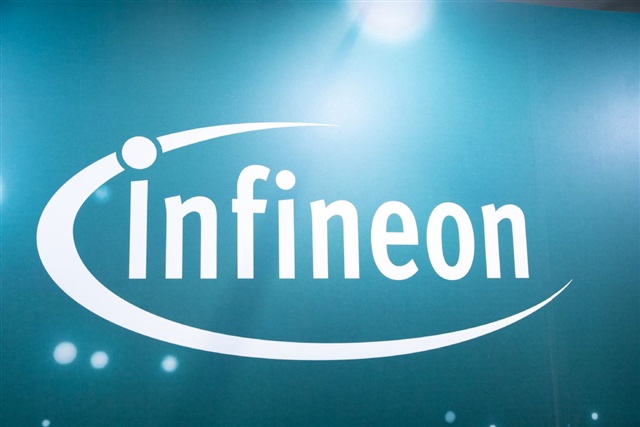According to Miroslav Michalik, Managing Director of Incap Slovakia, the investment included turning a current warehouse space in the factory into a production area and building a new warehouse for production materials. Also, as part of the expansion, the production workshop entrance was upgraded and there is a plan to extend the production office during June.
“We are excited to see and be part of the business growth of our customers. In order to support them the best way we can, we need to increase our production capacity, to be able to offer flexible and agile services,” Michalik explained. He added that the investment will increase the factory’s overall production capacity by more than 50% in area of box build production.
Incap’s factory in Slovakia currently employs 250 employees. Additionally, a process has been started to hire additional personnel to support planned customer growth during the second half of the year and in the coming years. The expansion and new warehouse were finalised in May 2023.
Incap’s factory in Slovakia, based in Námestovo, provides a competitive-cost volume manufacturing option for customers in addition to featuring a dedicated hall for the automotive business. The factory is experienced in electronics manufacturing since 2008, and it has 6,400 square metres of total floor space to serve customers from global companies with operations in Europe. Incap Slovakia provides specialist, niche PCB assembly, complete product build and electromechanical assemblies.
Stay up to date with the latest in industry offers by subscribing us. Our newsletter is your key to receiving expert tips.

Samsung is reportedly evaluating a potential European semiconductor expansion alongside its South Korea and US manufacturing base, as the region tightens local production requirements and Germany seek

Given frequent price increases across precious metals, wafer foundry services, and packaging and testing, Infineon's announcement of price increases is very telling for the market. The company wil

Nvidia has recently signaled to Samsung Electronics that it hopes to secure early deliveries of sixth-generation high-bandwidth memory, known as HBM4. At the same time, as memory makers devote an incr